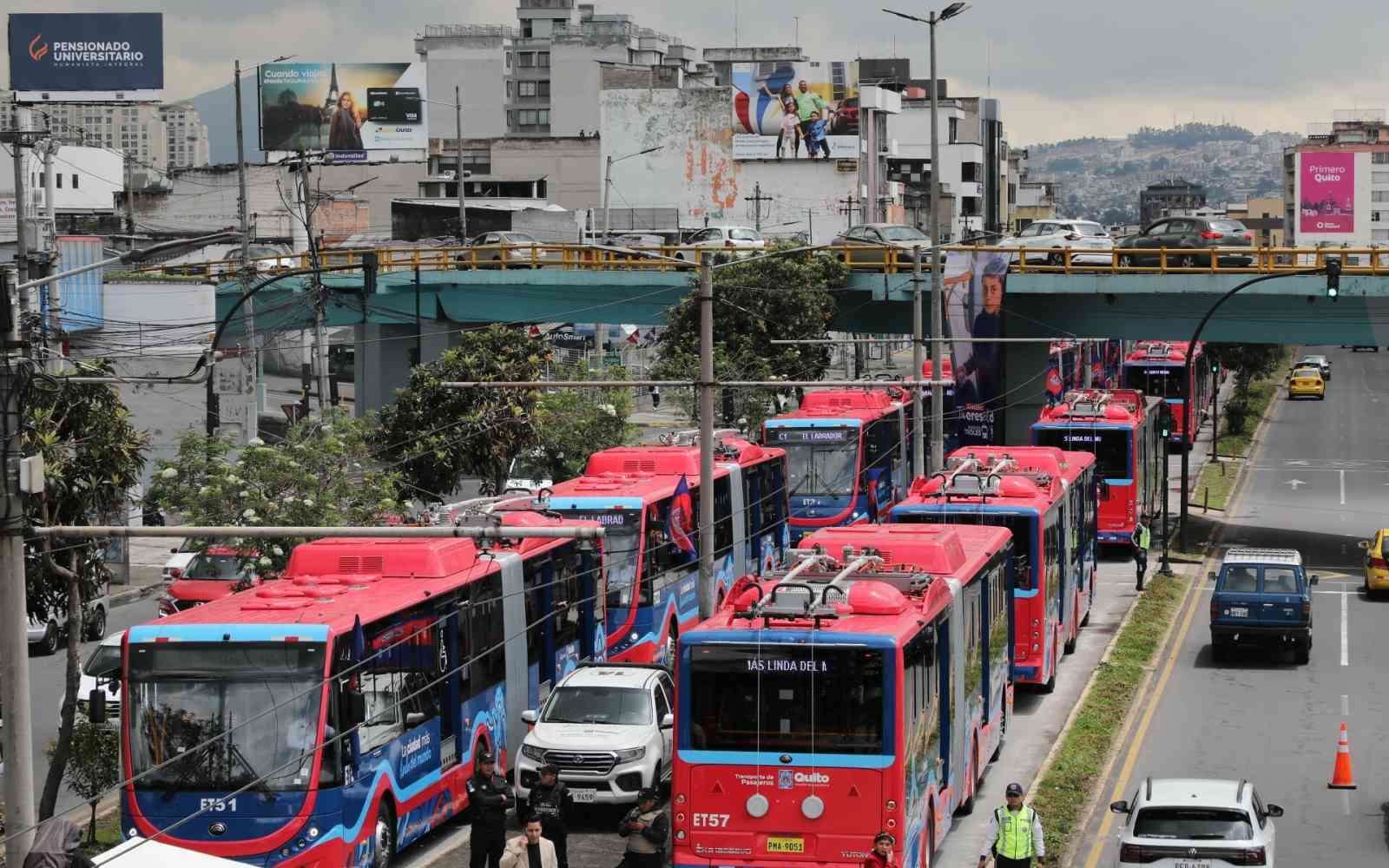The United Nations Office for Project Services (UNOPS)
Conférence des Nations Unies sur les océans
Speech by Grete Faremo, Under Secretary General and Executive Director of UNOPS at the UN Ocean Conference - Plenary Meeting, 9 June 2017
[Check against delivery]
Thank you Mr. President.
As you said, my name is Grete Faremo and I am the Executive Director of the UN Office for Project Services – UNOPS. And for those of you who do not know us very well, UNOPS is an operational arm of the UN system. We implement projects at the request of other entities of the UN system, governments, and donors, as well as for programme countries, organizations, institutions and the private sector.
This week, we have taken careful note of the needs and aspirations that have been expressed in the statements and communications of Member States and other partners. And we have concluded that we are a part of the solution.
A partner survey we conducted recently showed that our services are required across all of the Sustainable Development Goals, including Goal 14.
At this conference, we have been particularly focused on this goal, which deals with reducing marine pollution, among other targets.
We all already know that 80 percent of marine pollution originates on land.
It is on land that UNOPS has built water treatment facilities and sewage systems. And it suffices to say this once – every new onshore infrastructure installation is probably more environmentally benign than old ones!
Problems addressed here this week can be resolved by implementing the right projects.
Let me mention a few examples of problems that we already have addressed.
In Sri Lanka, we implemented a project on behalf of the European Union's Environmental Remediation Programme to improve solid waste management, urban surface water drainage and environmental restoration.
In the country's Ampara District, through the construction of seven landfills, five recycling centres, five compost facilities and one waste transfer station, UNOPS worked with local authorities towards a more sustainable solution for solid waste management.
With support from the European Union, measures were also taken to ensure the long-term financial viability of the project, including the introduction of a user fee for waste collection and the establishment of marketing channels to sell compost produced from collected waste.
Another example: In Nicaragua, UNOPS worked with 260 schools in five communities with funding from the Swiss Agency for Development and Cooperation.
With the goal of bringing awareness to younger generations about water and environmental stability, our project managers and local community members came up with the idea of 'El Circo del agua - The Water Circus.' Through playing and education, issues related to water were brought to a younger audience.
Among the strongest measures of our impact are the jobs we create.
Over the course of 2016, UNOPS-supported projects created more than 3 million days of paid work for local people.
This is up from 2.2 million days reported the year before.
We give greater importance to how to quantify the knowledge we provide through our expertise.
In 2016, we provided over 50,000 days of technical assistance to our partners, up from 44,000 in 2015.
We procured more than $900 million worth of goods and services last year.
More than $400 million of the $900 million came from local suppliers – those based in the same countries as the projects.
This directly supports your local economies.
The work ahead of us is hard, and we will need more awareness to succeed.
One particular takeaway this week has been that we can stop our use of plastic straws. Americans alone throw away 500 million plastic straws every year, many of which will end up in the belly of a whale.
And companies can begin committing to reducing plastics and forging new partnerships that work to ensure the sustainable development of life below the sea.
We need campaigns. We need policies. We need onshore investments to help protect the ocean.
UNOPS is ready to implement these projects and channel investment into initiatives that help us restore the vast ocean and life on earth.












